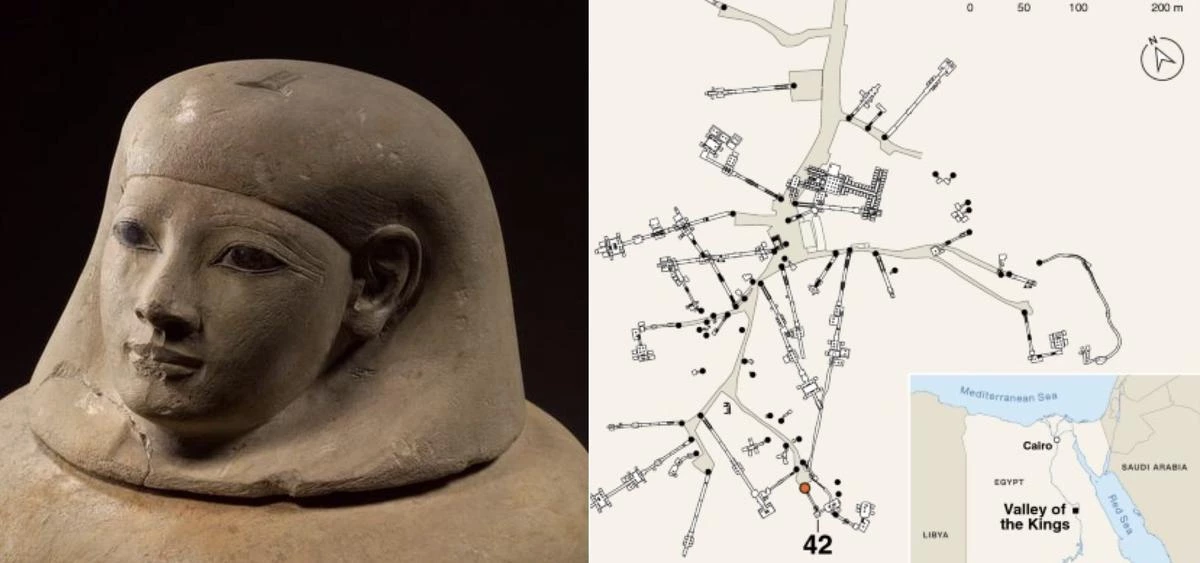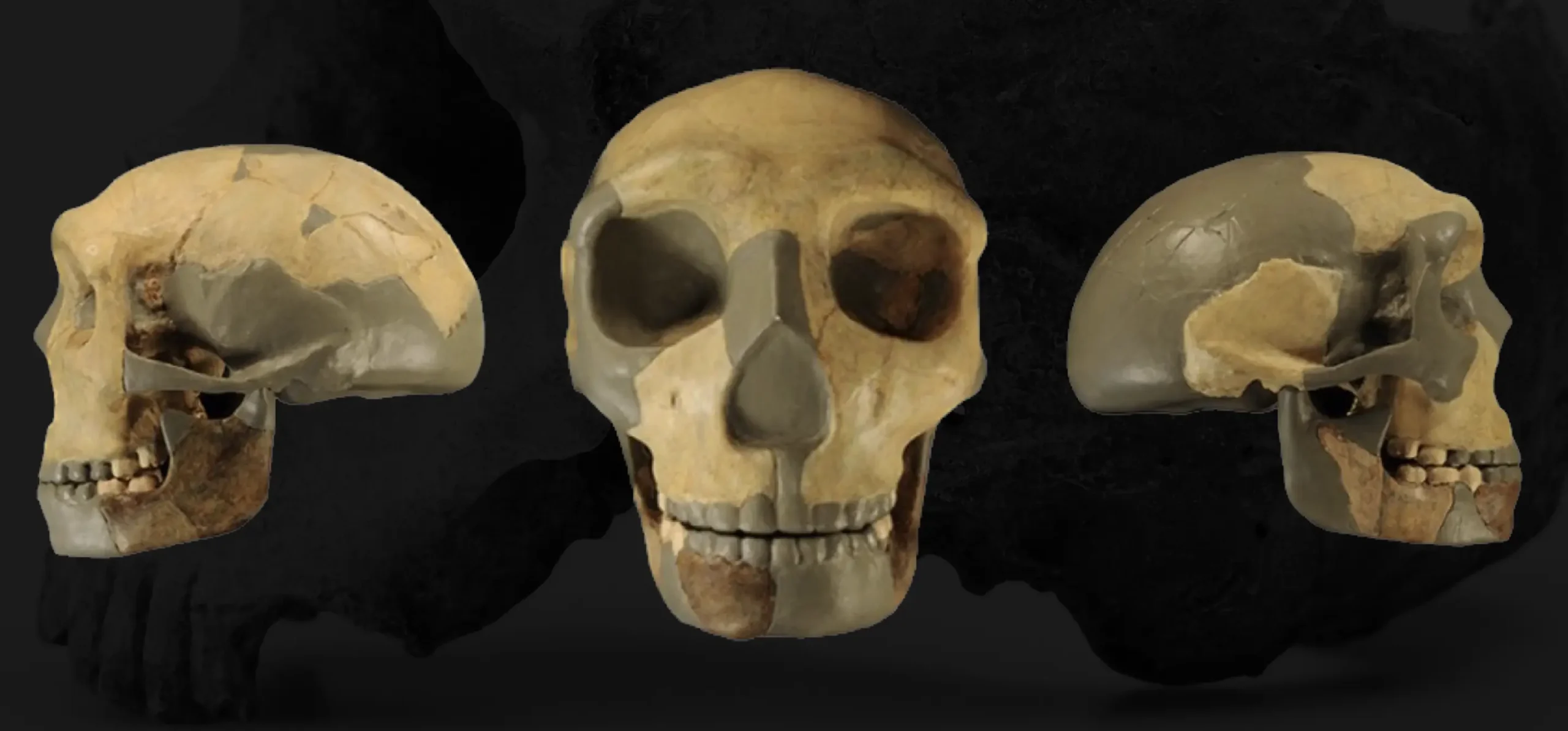Unexpected Intrusion by a Live Parasitic Worm Of Python Discovered in Australian Woman’s Brain Sparks Zoonotic Infection Worries

Credit: Google | Parasitic Worm 3 inch long Discovered in Woman’s Brain
In a groundbreaking revelation, Australian scientists have stumbled upon an astonishing phenomenon – a live parasitic worm nestled in a woman’s brain. This extraordinary finding has spurred conversations about the potential risks of inter-species transmission and the evolving dynamics between humans and the animal kingdom.
‘Oh my God’: live worm found in Australian woman’s brain in world-first discovery https://t.co/QZ7ph1Lcku
— The Guardian (@guardian) August 28, 2023
An Australian woman, aged 64, underwent a harrowing experience when a surgery to address her abdominal pain led to the unexpected extraction of an 8-centimeter-long (3-inch) parasitic roundworm from her brain. This remarkable case, which unfolded at the Canberra Hospital, has left the medical community both astonished and shocked.
The parasitic worm, identified as Ophidascaris robertsi, typically found in carpet pythons, had taken up residence in a human brain – a phenomenon previously unrecorded. The woman’s connection to python-habited regions and her consumption of native leafy vegetables might have provided the avenue for this cross-species jump. Scientists theorize that the parasite might have been transmitted through contaminated food or utensils.
This unexpected occurrence highlights the increasing interactions between human populations and the animal kingdom, as expanding human habitats encroach upon wildlife territories. Experts emphasize the pressing concern of zoonotic infections, where diseases jump from animals to humans. With a significant portion of emerging infections being zoonotic, this case underscores the urgency to comprehend and mitigate such threats.
While this particular parasitic infection isn’t transmissible among humans, its presence in different parts of the world raises the possibility of similar incidents occurring elsewhere. As people continue to expand their presence into diverse ecosystems, the likelihood of encountering unfamiliar pathogens grows. The revelation also adds to the array of previously unknown infections that have emerged over the past decades.
Experts anticipate that the rise of zoonotic infections could parallel the trajectory of diseases like SARS, COVID-19, and Ebola. Although the immediate danger posed by this specific parasite might not equate to a global pandemic, it serves as a wake-up call to enhance surveillance and awareness of potential cross-species transmissions. As humans continue to navigate the delicate balance between their expanding domains and the habitats of various creatures, understanding these interconnections becomes crucial.
The discovery of a parasitic worm residing in a woman’s brain in Australia has unveiled the complex interactions between species and ecosystems. This incident serves as a reminder that as humans forge deeper into the territories of other creatures, the boundaries between different life forms blur. Heightened vigilance, research, and preparedness are essential to address emerging infections and ensure a harmonious coexistence between humans and the diverse array of organisms that inhabit our planet
RELATED NEWS
WEB STORIES FOR YOU
Stay connected with Today On Globe for the latest Global Issues and News Updates.
Explore more related articles at [TOG News / TOG Article]























